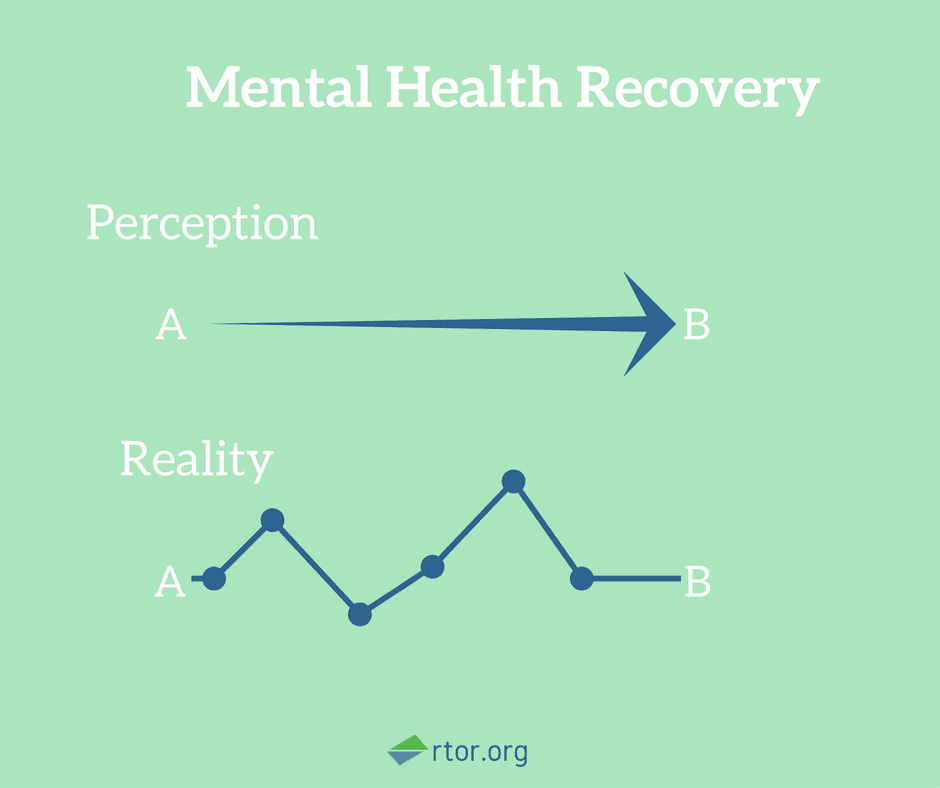Remember secret agent, Angus MacGyver, who always knew how to fix any situation he got himself into with so much as a paperclip? Nowadays, the character is so well-known that we refer to the ability to fix anything as MacGyvering. While MacGyver made for great TV back in the 80’s, the idea of always being able to fix anything in life with a bit of smarts, fast-thinking, and elbow-grease seems to be everywhere in our culture: We want fix our bodies so we go on fad diets, we want to fix our relationships so we buy self-help books. It seems like everybody wants to be the MacGyver of their own life. But focusing on fixing everything can leave you spinning your wheels’ especially when it comes to mental health.
The trouble with the idea of “fixing” something is that it is very black and white. Is your A/C keeping the house cool? If yes, then it’s fixed; if not, then it’s broken. Yet, people are not machines and if we aren’t 100% that doesn’t mean we are broken. People with mental health disorders are the same as everybody else: people just trying to live the best life possible.
Unfortunately, the desire to fix everything usually pops up when a mental health diagnosis is first made. If you are the one who received the diagnosis, you may feel the urge to fix yourself. If you are a family member or friend of someone who received the diagnosis, you might want to rush in and take care of everything for that person. These intentions are noble as it is perfectly normal to want to help yourself or someone else who might be suffering. But we need to slow down and take in the situation before jumping into action.

You might be asking, “If I can’t fix anything, what am I supposed to do? Sit around and do nothing?” Of course not, you can still take action but before you do anything, work on changing your outlook of the situation. Instead of focusing on “fixing the problem,” focus on helping yourself or your loved one. Helping means to aid or assist, not to control or force. You’re helping the process along but not trying to push it or make it happen on your timetable.
If you’re the one with a mental health issue, there are many things you can do to help yourself. Just like with any other chronic illness such as diabetes or lupus, following your doctor’s recommendations and leading a healthy lifestyle are crucial. You can also go to therapy, support groups, and skills workshops to help yourself make more progress. Remember that there is nothing about you that needs fixing, life with or without a mental health problem is a journey with highs and lows.
If you’re a family member or friend, know that it isn’t your job to “fix” your loved ones. There certainly are many things you can do. Depending on the level of care they need, you can help them with many things such as, taking them to doctor or therapy appointments, helping them remember their medication, or simply being there to listen to how they are feeling. If you try to take control over the situation, you can rob them of their feelings of control over themselves and their mental health disorder. That doesn’t mean that there isn’t anything to improve. Finding the right tools and developing the right skills to deal with a mental health disorder can be a long process which can be made to feel much longer if you’re looking for a MacGyver-style solution. Be willing to walk the journey of recovery with your loved one and know there aren’t any magical quick fixes. Together with mutual understanding and respect, the path to recovery will be much easier.
If you are concerned that you or someone you care about is in need of mental health information, it is important to seek help from a qualified mental health professional. Our Resource Specialist can help you find expert mental health resources to recover in your community. Contact us now for more information on this free service to our users.
Feature photo credit: TNS Sofres
Recommended for You
- Living Well with an Eating Disorder - July 18, 2017
- Living Well with Borderline Personality Disorder - June 13, 2017
- 6 Things that Everyone Thinks are Signs of Mental Illness but Aren’t - May 16, 2017





